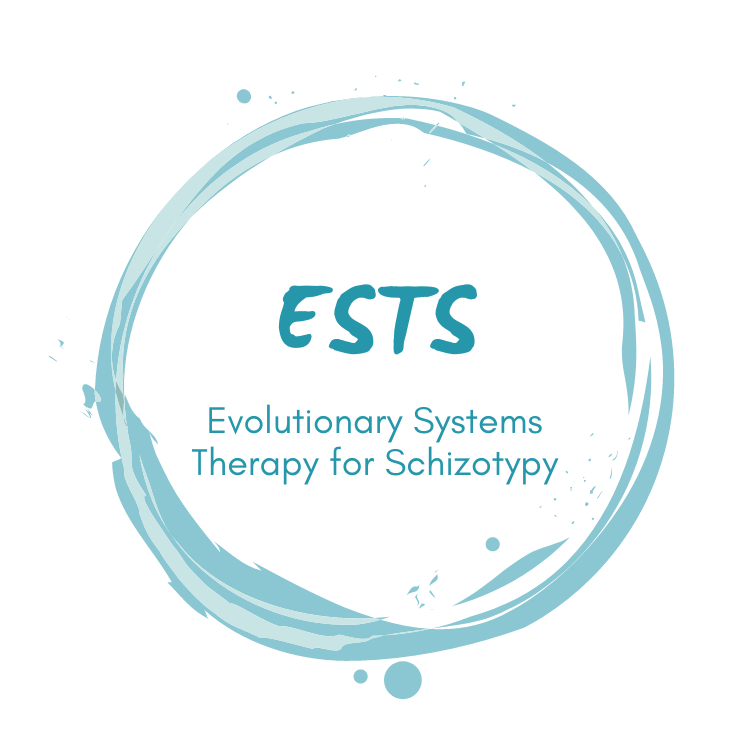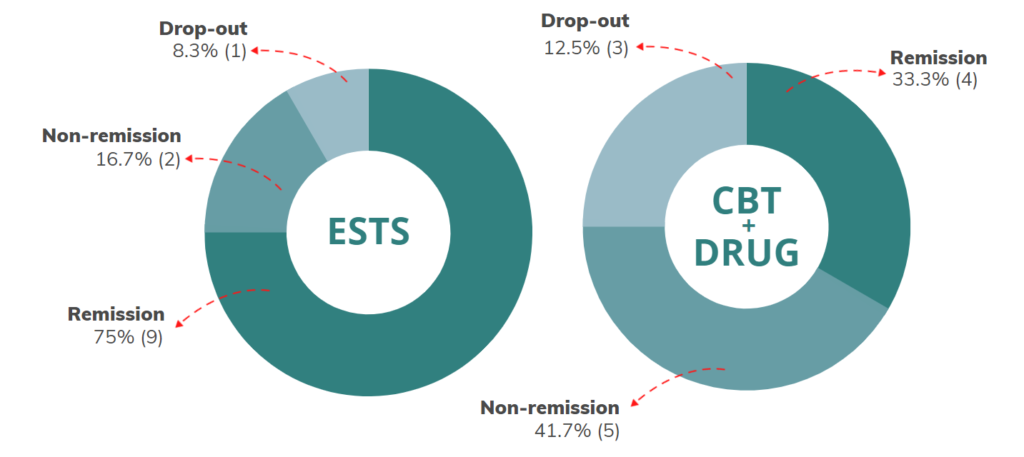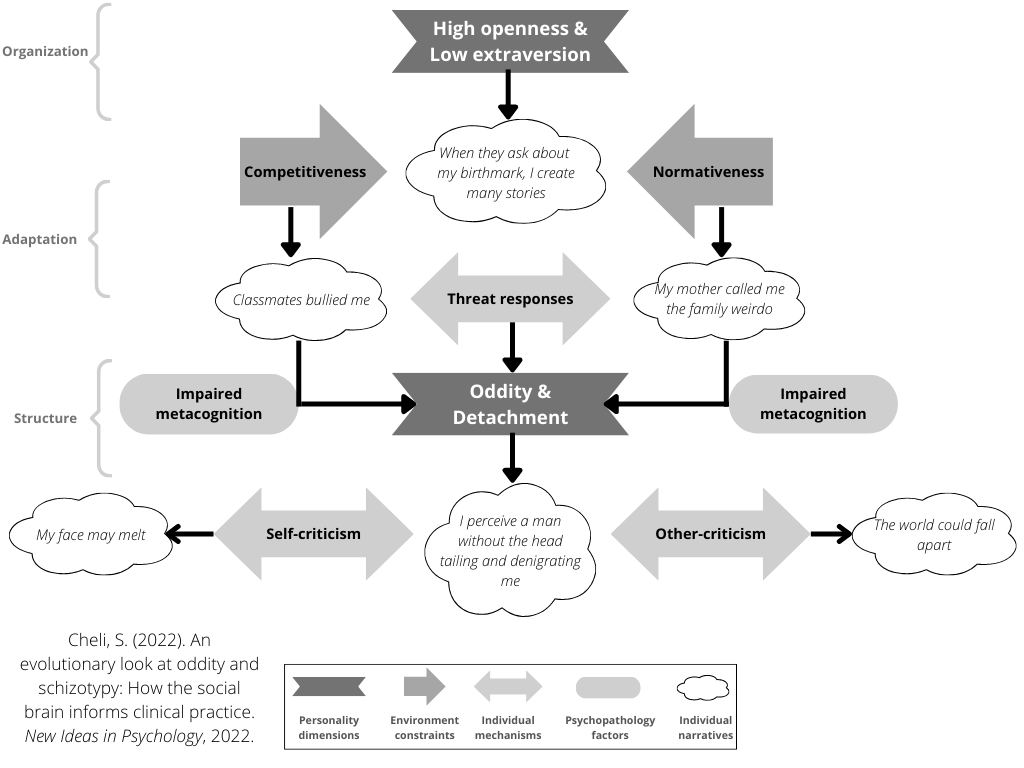Just released a new paper we wrote on psychotherapy for Paranoid Personality Disorder. The research is a 7-cases series on the feasibility and efficacy of Evolutionary Systems Therapy for those struggling with paranoid traits.
Little is known about effective psychosocial treatments for paranoid personality disorder. This study explores the feasibility of a novel treatment, namely Evolutionary Systems Therapy, in supporting individuals diagnosed with paranoid personality disorder.
Seven patients attended 10 months of individual therapy without receiving any psychopharmacological treatment. The primary outcome was the feasibility of the intervention, while the secondary outcomes were remission from the diagnosis and reliable changes in personality pathology and paranoid ideation.
All the patients completed the treatment, and none of them reported adverse events or missed more than three sessions (less than 10%). Six out of seven patients (85.7%) achieved remission from paranoid personality disorder. diagnosis, which was maintained at the one-month follow-up. Only in the case of Case 7 was the diagnosis of paranoid personality disorder confirmed at both the final assessment and the one-month follow-up. The dimensional scores indicate a clinically significant reduction in maladaptive personality features for all the patients.
Kendall’s Tau and Spearman’s Rho analysis confirmed a significant downward trend in the means of personality pathology and paranoid ideation across the 12 measurements (p< .05). Likewise, Reliable Change Index values were reported (≥ 1.96) for both measures when comparing the initial and final assessments. Table 3 presents these reliable values for all seven participants. No differences were found in Reliable Change Index between the final assessment and the follow-up assessment. Finally, we explored measurements for an optimal treatment dose. Reliable changes (RCI ≥ 1.96) were reported for personality pathology and paranoid ideation by the sixth month of intervention.
This study suggests the feasibility and safety of psychotherapy as an option for individuals diagnosed with paranoid personality disorder. Specifically, Evolutionary Systems Therapy has shown promising, albeit preliminary, results in assisting individuals with paranoid personality disorder. We propose that the potential clinical effectiveness of Evolutionary Systems Therapy may be attributed to its early focus on the interpersonal schemas and cycles originating from paranoid ideation, where individuals perceive themselves as vulnerable and others as threatening, repeatedly perpetuating a self-fulfilling prophecy. The integrated utilization of relational and experiential techniques appears to be effective in reducing personality pathology and paranoid ideation. Further research is necessary to address the limitations inherent in the case series design employed in the present study.
Cheli, S., Goldzweig, G., Chiarello, F., & Cavalletti, V. (2024). Evolutionary systems therapy for paranoid personality disorder: A seven cases series. Bulletin of the Menninger Clinic, 88, 1, 61-80. https://doi.org/10.1521/bumc.2024.88.1.61










